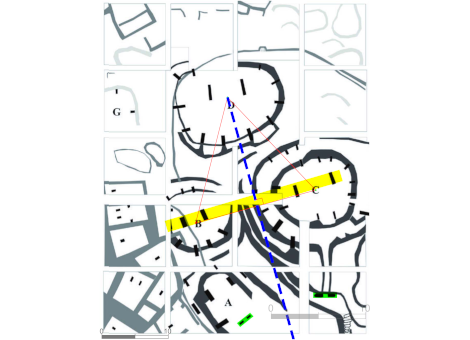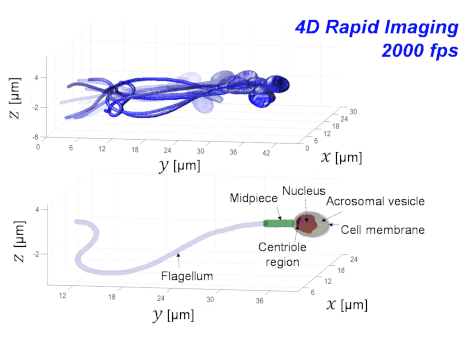
Geometry guided construction of earliest known temple, built 6,000 years before Stonehenge
The sprawling 11,500-year-old stone Göbekli Tepe complex in southeastern Anatolia, Turkey, is the earliest known temple in human history and one of the most important discoveries of Neolithic research. Researchers at Tel Aviv University and the Israel Antiquities Authority have now used architectural analysis to discover that geometry informed the layout of Göbekli Tepe’s impressive… Read More






